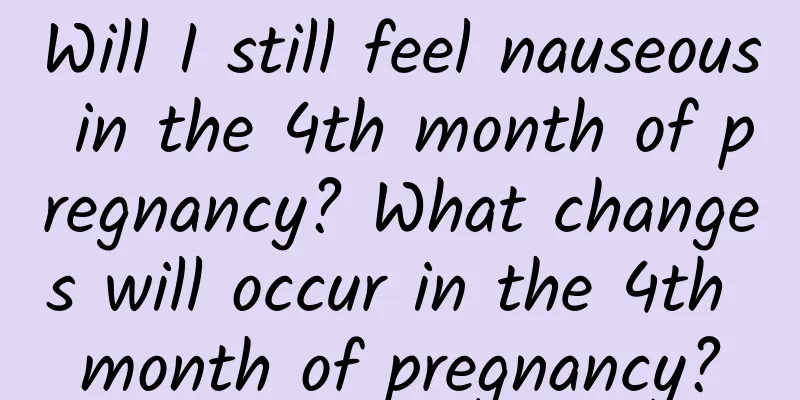[Medical Q&A] What should I do if my child’s parotid glands swell due to mumps?
![[Medical Q&A] What should I do if my child’s parotid glands swell due to mumps?](/upload/images/67f0f9b45433a.webp)
|
Planner: Chinese Medical Association Reviewer: Huang Lei, deputy chief physician, Fifth Medical Center, PLA General Hospital Mumps is an acute respiratory infectious disease caused by the mumps virus, characterized by non-suppurative swelling and pain of the parotid glands (located in the cheek area below the earlobe). The following are treatments for parotid swelling. Rest and Isolation Make sure your child gets enough rest and avoids physical labor and strenuous exercise. Mumps is contagious, so during the illness, you should avoid contact with other people, especially unvaccinated people, until the swelling of the parotid glands has completely subsided. 【Symptomatic treatment】 (1) Antipyretic and analgesic: If fever or pain occurs, antipyretic drugs such as acetaminophen can be used to relieve symptoms, but aspirin should be avoided. (2) Oral care: Keeping your mouth clean and gargling with warm salt water can help relieve oral discomfort. (3) Local cold compress: In the early stage of parotid gland swelling, you can use ice packs or cold compress packs to gently apply to the swollen parotid gland to shrink the local blood vessels, thereby reducing the degree of inflammation and congestion, and helping to relieve pain and swelling. However, this method has little effect on the treatment of the disease. Note that hot compresses cannot be used! (3) Diet adjustment: Eat soft or liquid food that is easy to chew and swallow, such as porridge, noodles, cooked vegetables and fruit puree. Avoid acidic foods, such as lemons and oranges, as these foods may stimulate the salivary glands and increase pain. At the same time, encourage children to drink plenty of water or other liquids to keep the body hydrated and prevent dehydration. 【Keep a positive attitude】 Children may feel irritable and restless due to pain or discomfort. Parents should give care and comfort to help children maintain a good attitude. Parents can distract children by reading, listening to music, watching movies, etc. to reduce discomfort. 【Notes】 Pay close attention to changes in your child's condition and record body temperature, swelling, etc. If severe symptoms such as persistent high fever, vomiting, abdominal pain, and difficulty breathing occur, seek medical attention immediately. |
<<: [Medical Q&A] What reactions will children experience after vaccination? What should I do?
Recommend
What will happen if pubic lice become serious? What are the dangers?
Many friends think that pubic lice will naturally...
What should girls do if they are constipated all the time?
If women suffer from constipation for a long time...
How to treat facial pollen allergy?
My face is very sensitive and easily allergic, es...
How many days does it take for lochia to be clear?
How many heavenly stems and earthly branches does...
Women have lumps in their breasts, or these are the reasons
The breast is one of the important parts of a wom...
I dyed my hair on the third day of my period
Perming or dyeing hair is something every woman l...
What are the methods of cooking dried hawthorn? How to cook hawthorn juice cola chicken wings?
Hawthorn can stimulate appetite and help digestio...
Can ectopic pregnancy still occur after bilateral salpingectomy?
Ectopic pregnancy is a very serious pregnancy pro...
How to relieve postpartum back pain?
Women are prone to low back pain after giving bir...
Breast pain
When our body feels pain, it is likely due to inf...
How to abort a 4-month pregnancy? Do I need induced labor?
Due to various reasons, many mothers who have bee...
What can gynecological ultrasound detect?
Gynecological color ultrasound is a common examin...
The harm of long-term asexuality to women
If women do not have sex for a long time, the fol...
What vegetables can you eat during confinement?
There are certain dietary requirements during con...
The "calcium" gang in the nutrition world cannot do without this "military advisor"
Author: Cui Yihui, registered dietitian, master o...









